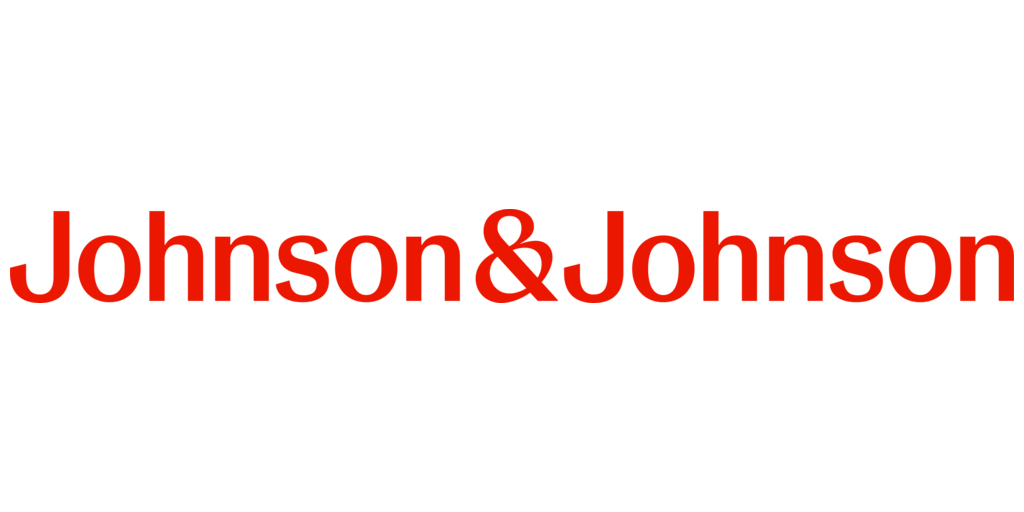Johnson & Johnson is initiating a two-year restructuring program for its orthopedic division following lower-than-expected Q3 sales in its medical devices unit.
Notably, Johnson & Johnson recently closed down its consumer health unit, emphasizing a shift in priorities.
Exit from Certain Markets, Product Streamlining Planned
As part of the restructuring program, Johnson & Johnson intends to exit selected markets and discontinue the sale of specific products under its orthopedic business, according to Reuters. These strategic moves aim to align the company's operations with its long-term goals.
As Johnson & Johnson strives to achieve its target of $57 billion in drug sales by 2025, the absence of restructuring in its consumer health business and medical devices segment may lead to heightened pressure on its larger pharmaceutical unit. Business News noted that the anticipated entry of biosimilar competitors in 2025, starting with Stelara, poses a new challenge.
Revised Profit Forecast and Positive Sales Performance
With the exclusion of the consumer health unit, Johnson & Johnson has revised its adjusted profit outlook for 2023 to $10.07-$10.13 per share, demonstrating an increase from the previous projection. The company reported a $21 billion profit in the third quarter following the spin-off of its consumer health division.
Industry analysts like Lewis Chen from Cantor Fitzgerald believe that Johnson & Johnson's focus on innovative medicines and medical technology sets a solid foundation for continued growth. The pharmaceutical business experienced strong quarterly sales of $13.89 billion, with Stelara contributing over 20%, surpassing analysts' estimates.
Stelara's Prominent Role in Total Drug Sales
Stelara, a key drug in Johnson & Johnson's portfolio, contributes significantly to the company's overall drug sales. To protect its market position, the company has agreed to delay the entry of biosimilar rivals until 2025.
While Stelara's performance remains robust, Joseph Wolk, J&J's Chief Financial Officer, highlighted the impact of a key patent expiration on European sales. He anticipates a slight decline from mid-2022 onwards, urging the company to take proactive measures.
Shortfall in Medical Device Sales
In the featured quarter, Johnson & Johnson's medical devices unit reported sales of $7.46 billion, missing Wall Street's estimate. The reduced demand for abdominal surgery devices affected the company's performance, primarily attributed to the increasing popularity of weight-loss drugs like Vegov and Ozempic.
Wolk noted that the shift towards weight-loss drugs could eventually prompt patients to explore alternative procedures utilizing Johnson & Johnson's products. The company aims to leverage this potential opportunity to offset any decline in sales.
Wolk said J&J "does not have the scientific expertise at this point" to enter the field of obesity drugs. "It's probably not at the top of the list as we are structured today," he said.
Photo: Business Wire



 Prudential Financial Reports Higher Q4 Profit on Strong Underwriting and Investment Gains
Prudential Financial Reports Higher Q4 Profit on Strong Underwriting and Investment Gains  U.S. Vaccine Policy Shifts Under RFK Jr. Create Uncertainty for Pharma and Investors
U.S. Vaccine Policy Shifts Under RFK Jr. Create Uncertainty for Pharma and Investors  Hims & Hers Halts Compounded Semaglutide Pill After FDA Warning
Hims & Hers Halts Compounded Semaglutide Pill After FDA Warning  Royalty Pharma Stock Rises After Acquiring Full Evrysdi Royalty Rights from PTC Therapeutics
Royalty Pharma Stock Rises After Acquiring Full Evrysdi Royalty Rights from PTC Therapeutics  Weight-Loss Drug Ads Take Over the Super Bowl as Pharma Embraces Direct-to-Consumer Marketing
Weight-Loss Drug Ads Take Over the Super Bowl as Pharma Embraces Direct-to-Consumer Marketing  CK Hutchison Launches Arbitration After Panama Court Revokes Canal Port Licences
CK Hutchison Launches Arbitration After Panama Court Revokes Canal Port Licences  Washington Post Publisher Will Lewis Steps Down After Layoffs
Washington Post Publisher Will Lewis Steps Down After Layoffs  Instagram Outage Disrupts Thousands of U.S. Users
Instagram Outage Disrupts Thousands of U.S. Users  Sony Q3 Profit Jumps on Gaming and Image Sensors, Full-Year Outlook Raised
Sony Q3 Profit Jumps on Gaming and Image Sensors, Full-Year Outlook Raised  SpaceX Pushes for Early Stock Index Inclusion Ahead of Potential Record-Breaking IPO
SpaceX Pushes for Early Stock Index Inclusion Ahead of Potential Record-Breaking IPO  American Airlines CEO to Meet Pilots Union Amid Storm Response and Financial Concerns
American Airlines CEO to Meet Pilots Union Amid Storm Response and Financial Concerns  Missouri Judge Dismisses Lawsuit Challenging Starbucks’ Diversity and Inclusion Policies
Missouri Judge Dismisses Lawsuit Challenging Starbucks’ Diversity and Inclusion Policies  SoftBank Shares Slide After Arm Earnings Miss Fuels Tech Stock Sell-Off
SoftBank Shares Slide After Arm Earnings Miss Fuels Tech Stock Sell-Off  Viking Therapeutics Sees Growing Strategic Interest in $150 Billion Weight-Loss Drug Market
Viking Therapeutics Sees Growing Strategic Interest in $150 Billion Weight-Loss Drug Market 































